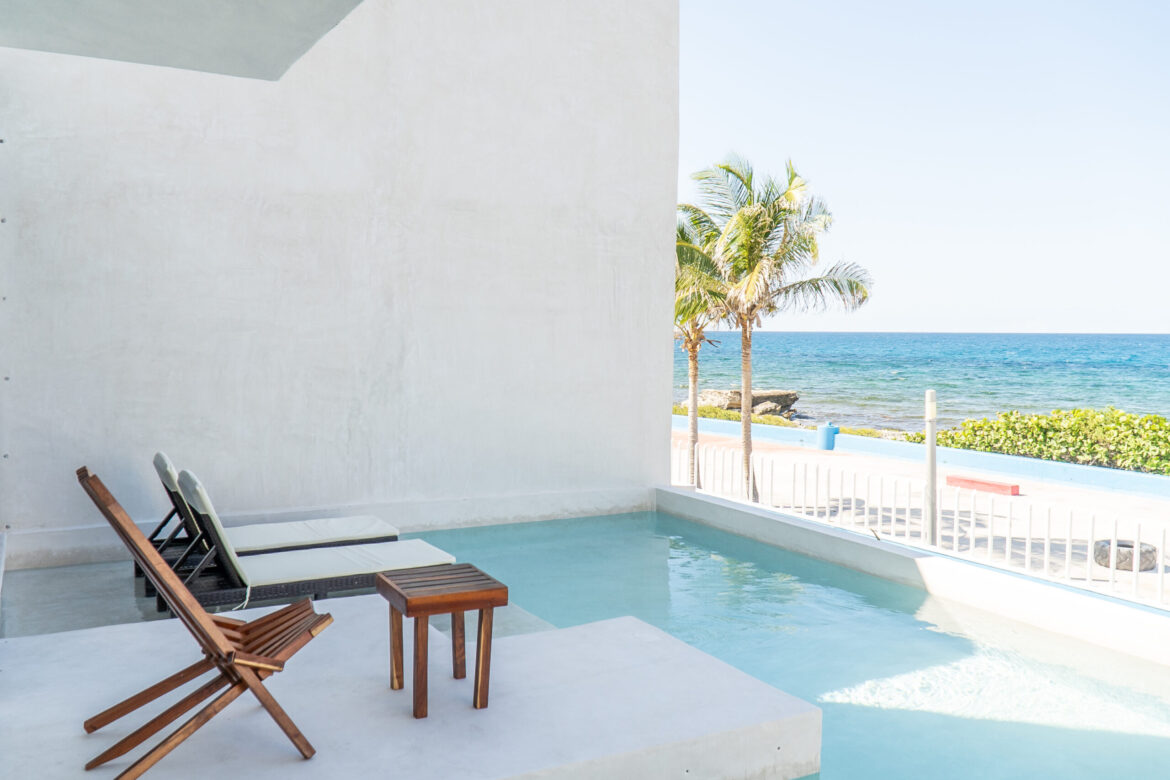Real Estate Due Diligence Mexico – Legal Checklist Before You Buy
Buying property in Mexico is an exciting step — but it’s also one that requires careful preparation.
Before signing any contract or sending funds, you must perform real estate due diligence Mexico to verify that everything is legal, safe, and exactly as promised.
This guide provides a step-by-step checklist for reviewing titles, liens, zoning, and condominium regulations — so you can purchase your dream home in Puerto Aventuras, Playa del Carmen, or Tulum with complete confidence.
What Is Real Estate Due Diligence in Mexico?
Real estate due diligence means verifying that a property’s legal status is clean and that the seller has the right to transfer ownership.
In Mexico, this process includes reviewing ownership documents, verifying no outstanding debts, confirming land use permissions, and ensuring the property complies with federal and municipal regulations.
Skipping due diligence is one of the most common mistakes foreign buyers make — and it can lead to serious legal and financial issues later.
Legal Checklist – What to Verify Before Buying
Here’s a detailed due diligence checklist to follow before purchasing any property in Mexico.

1. Escritura Pública (Title Deed)
Ask for the most recent Escritura Pública, the official document proving legal ownership.
Verify:
The seller’s name matches official IDs.
The property’s cadastral data (size and boundaries) are consistent with what’s offered.
The document is notarized and registered with the Public Registry of Property (Registro Público de la Propiedad).
💡 Tip: Your notary (Notario Público) can issue a certified title search to confirm authenticity.
2. Certificate of No Liens (Certificado de Libertad de Gravamen)
This document proves the property has no legal debts, liens, or pending claims.
You can request it directly from the Registro Público de la Propiedad in the same municipality.
Check that:
The certificate lists “sin gravamen” (no encumbrances).
There are no hidden mortgages or judicial embargoes.
The owner is the same person who appears in the title deed.
3. Condominium Regime (Régimen en Condominio)
If you’re buying a condo, the property must be officially registered under a condominium regime.
Review:
The bylaws (Reglamento de Condominio).
Assigned common areas and exclusive use zones.
HOA rules regarding rentals, pets, or renovations.
Monthly maintenance fees and the financial status of the homeowners’ association (HOA).
Example: In developments like Puerto Aventuras Phase 4, the condominium regime also includes marina usage rights and dock regulations.
4. Zoning and Land Use Permits (Uso de Suelo)
Ask for a Uso de Suelo certificate issued by the municipality to confirm the property’s permitted uses.
Check if the land is zoned for:
Residential (HAB)
Touristic (TUR)
Commercial (COM)
This document is crucial if you plan to build, remodel, or rent your property short-term.
In Tulum or Playa del Carmen, certain zones restrict high-density developments or commercial activities.
5. Property Tax Receipts (Predial)
The seller must present the latest predial payment receipts showing taxes are up to date.
Unpaid property taxes can delay the closing and are typically the seller’s responsibility.
6. Utility Bills and HOA Payments
Request copies of recent electricity, water, and HOA bills to verify there are no outstanding balances.
If unpaid, these debts may transfer to the new owner.
7. Fideicomiso (For Foreign Buyers)
If you are a non-Mexican buying within 50 km of the coast or 100 km of the border, ownership must be held through a Fideicomiso (bank trust).
Your notary will coordinate with a Mexican bank (e.g., BBVA, Banorte, Scotiabank) to create this trust.
Verify that:
The bank is listed as trustee.
You are the beneficiary with full rights to sell, rent, or inherit.
The Fideicomiso is active and renewable every 50 years.
8. Environmental and Construction Permits
If the property includes recent construction, verify:
Building licenses (Licencia de Construcción)
Environmental impact studies (if near protected areas)
Completion certificates (Carta de Terminación de Obra)
These documents protect you from future municipal fines or demolition orders.
9. Seller’s Identification and Legal Capacity
Always confirm the seller’s official ID and RFC (tax number).
If the property is owned by a corporation, verify:
Corporate bylaws.
Legal representative’s power of attorney.
Recent tax compliance certificate.
10. Notary Public Verification
All property transactions in Mexico must be executed before a Notario Público, a government-appointed lawyer who verifies the legality of the sale.
The notary:
Confirms the property’s legal standing.
Calculates and pays transfer taxes.
Registers the sale with the Public Registry of Property.
Choose a notary experienced in foreign transactions and bilingual documentation.
Bonus – Optional But Recommended Checks
Appraisal (Avalúo): Confirms the fair market value and assists in calculating taxes.
Survey (Topografía): Verifies property boundaries.
Insurance Quote: Estimate coverage for hurricane, fire, or flood risk.
How Long Does Due Diligence Take in Mexico?
A full due diligence process typically takes 2–4 weeks, depending on the municipality and documentation speed.
Your real estate agent and notary coordinate these verifications before closing.
In Puerto Aventuras and Playa del Carmen, digital registries have reduced verification times, making the process faster than in other Mexican states.
FAQs
Q1: Who pays for the due diligence process?
Usually, the buyer covers notary and verification costs, while the seller pays outstanding taxes or HOA fees.
Q2: Can I do due diligence from abroad?
Yes. You can authorize your agent or lawyer with a power of attorney (poder notarial) to complete all verifications.
Q3: What happens if the property has irregularities?
The notary cannot proceed with the sale until all legal issues are resolved or properly disclosed in writing.
Conclusion – Buy Safely, Buy Smart
Performing real estate due diligence in Mexico protects your investment and ensures a secure transaction.
By following this checklist — reviewing the title deed, lien certificate, condo regime, and zoning permits — you’ll avoid legal pitfalls and close with confidence.
For expert guidance and trusted listings, contact our PropertiesBayMX real estate agents or explore educational content on our YouTube Channel to learn more about buying property safely in the Riviera Maya.


Comments (0)